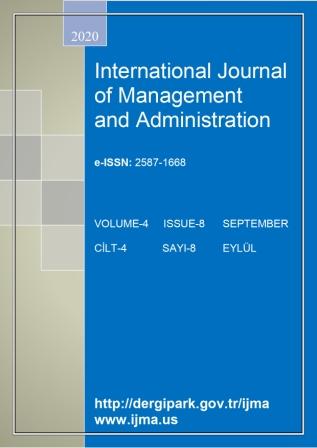PSİKOLOJİK SERMAYENİN ÖZNEL İYİ OLUŞ ÜZERİNDEKİ ETKİLERİ: TÜRKİYE'DEN BİR ARAŞTIRMA
THE EFFECTS OF PSYCHOLOGICAL CAPITAL ON SUBJECTIVE WELL BEING: A STUDY FROM TURKEY
Author(s): Murat BolelliSubject(s): Business Economy / Management, Organizational Psychology, Human Resources in Economy
Published by: Dicle Üniversitesi, Sivil Havacılık Yüksekokulu
Keywords: Psychological capital; subjective well-being; optimism; self-efficacy; resilience; hope;
Summary/Abstract: Purpose of this study is to examine effects of psychological capital on subjective well-being. Data is collected through an online survey using convenience method for sampling. 409 respondents who filled forms completely are chosen among 420 total respondents. Psychological Capital Questionnaire (PCQ) developed by Luthans et. al (2007a) and Oxford Happiness Questionnaire Short Form developed by Hills and Argyle (2002) is used to measure concepts. After conducting reliability analyses to the variables, correlation, multiple regression analyses and independent sample t-test analyses are conducted to test research hypotheses. Findings indicate that all dimensions of PsyCap construct has significant and positive effect on subjective well-being. Among four, hope is founded to have the strongest effect on the dependent variable. Results suggest statistically significant differences between single and married participants in terms of subjective well-being. On the other hand, no statistically significant subjective well-being differences found between male and female participants. Implications of the results are discussed and future research areas are suggested.
Journal: International Journal of Management and Administration
- Issue Year: 4/2020
- Issue No: 8
- Page Range: 245-259
- Page Count: 15
- Language: Turkish

